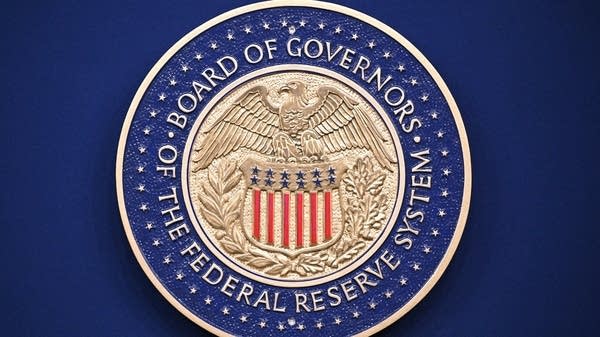What you need to know about the GOP tax bill
The House version of the legislation would add $2.4 trillion to the deficit over a decade.

The Senate is working through the massive tax and spending bill. The House has passed its version, but the two plans still have to be reconciled.
Republicans are pushing to do this without the support of Democrats, a fraught process that requires nearly all Republicans to agree. This week, we're looking at some key ways this could affect the budgets of households and businesses.
Marketplace Senior Washington Correspondent Kimberly Adams has been swimming in the vast ocean of this evolving legislation. She spoke about the megabill with “Marketplace Morning Report” host David Brancaccio. The following is an edited transcript of their conversation.
David Brancaccio: Fundamentally, when you step away from all these details, the reason for this legislation is many people want to keep the 2017 tax cuts from expiring, which would raise taxes on nearly everybody if it were to expire. Now, in the legislation on the table now, are there any other changes to the tax rates themselves?
Kimberly Adams: The rates would stay mostly the same as the 2017 law. But this whole thing about extending the tax cuts actually gets into an interesting debate about those 2017 tax cuts. You'll hear that "Everybody got a tax cut," and that lower-income people got bigger tax cuts than higher-income people — that's what some people have as their narrative. But you'll also hear from others that most of the benefits of the tax cuts went to wealthier Americans. And both of those narratives are kind of true. Here's Adam Michel, who's director of Tax Policy Studies at the libertarian Cato Institute.
Adam Michel: Some of the larger tax cuts will go to the higher-income Americans, and that's driven by the fact that higher-income Americans pay the lion's share of income taxes.
Adams: Lots of lower-income Americans end up not owing federal taxes anyway, so a tax rate cut or an extension of one may not feel like much.
Brancaccio: All right. So a lot of people also focused on the standard deduction, where you don't have to itemize, you just lop it off, and the child tax credit. Give us more details on changes there.
Adams: Right. The standard deduction — which, as you mentioned, most people do take rather than itemize — would become permanent at the level it is now, plus go up by $1,000 to $2,000 a year, depending on your filing status, until 2028. The child tax credit increases from $2,000 to $2,500. But it's not a refundable tax credit, which means that if you're low-income and you don't end up owing taxes, you just don't get that much out of it. According to a study from Columbia University, that leaves one in four kids out of the benefit. Now, there are also some Trump campaign trail promises that made it into the bill. Will McBride is chief economist at the Tax Foundation.
Will McBride: There's a proposal for exempting tips and overtime. There's a new deduction for auto loan interest, and a larger standard deduction for seniors.
Adams: And we'll see if those provisions survive in the Senate.
Brancaccio: All right. Now, on the other side of the accounting ledger, reducing taxes means reducing revenues that flow into the government. The Congressional Budget Office says there's close to $4 trillion in tax cuts in this bill. What is the plan to compensate for this?
Adams: At this point, it looks like most of the offsets come from changing or reducing services like SNAP and Medicaid, although the proposals coming out of the Senate are looking a little bit less severe in terms of cuts than those coming out of the House. Kris Cox is director of federal tax policy at the Center on Budget and Policy Priorities.
Kris Cox: The bill overall takes food assistance and health care coverage away from people with low and middle incomes, and that is extremely damaging.
Adams: Even with the cuts the GOP has in mind, the House version of this legislation, as it stands, would still add $2.4 trillion to the deficit over 10 years, with another $500 billion on top of that just to pay interest on the debt.













